When searching for a new job in financial services, the marketplace can certainly cause some confusion when it comes to job titles. Consider the various job titles for finance professionals – Financial Controller, Finance Manager, Senior Finance Manager, Head of Finance. Are these roles really that different? This article covers why companies use different job titles for similar roles and what individuals can do when searching for new opportunities to avoid missing out on a suitable role.
WHY DO COMPANIES USE DIFFERENT JOB TITLES FOR THE SAME ROLE?
PRE-APPROVAL CONTROLLED FUNCTIONS (PCFS)
The Central Bank of Ireland is putting pressure on new entrants into the market to fill PCF roles. These roles include Head of Finance, Head of Compliance, CEO, CRO and such. Applicants for these roles must satisfy minimum regulatory requirements and be pre-approved by the Central Bank before taking up a relevant position. However, the requirements for such roles between a start-up and an established company for example, will be very different. A start-up company may not require a person with 20+ years of experience in the industry. So even if the job advertised appears to be a very senior position, the requirements of the role may be different to that of a larger company advertising a similar position.
COMPANY PREFERENCE
Ireland is a hub for foreign direct investment with many of the world’s successful companies establishing or expanding their Irish operations. Depending on the nationality of a company, when advertising new opportunities that arise, they may use different job titles to others in the industry. The role however, may be similar in terms of responsibilities and candidate requirements. This results in the ideal individual overlooking the opportunity perhaps because the advertised job title does not match their current title. Whether you are applying to a US or European company or companies with their headquarters in the APAC region, the key to knowing if it is the right role for you is to review the job responsibilities.
WHAT SHOULD INDIVIDUALS DO WHEN SEARCHING FOR JOBS?
EXPAND YOUR SEARCH
If you’re currently looking at new opportunities in the market and you’re a mid-senior finance professional, you should enter a number of different keywords in your job search to give you the best results. Consider using job titles that are comparable to the work you’re doing in your current role, allowing an extended search with more job options. For example, if you’re currently a Senior Financial Accountant, use titles such as Finance Manager or Financial Controller.
FOCUS ON THE JOB DESCRIPTION
To an extent, ignore the job title of new opportunities that arise in your industry. Instead, look at the intricacies of the job and ask yourself: “what does the company want the person in this role to do?”. If a smaller company is looking for a CFO, are they really looking for a person that has 20+ years of experience in a PLC? The answer is probably ‘No!’. By reviewing the details of the job description, you may find that in fact you have the experience for the role despite the job title.
COMPLETE YOUR LINKEDIN PROFILE
It’s vitally important to have your LinkedIn page updated with as much relevant content as possible so you’re ‘visible’ to recruiters. Include a detailed summary at the top of your page and list your responsibilities for your current and previous job titles. Why? Often recruiters search for a specific job title that may be different to your job title, however the role is similar in terms of responsibilities. If your profile contains relevant keywords within the detailed descriptions, you will appear in a recruiter’s search despite your job title being different.
To understand how Coopman can assist you in your job search, contact us at connect@coopman.ie.








